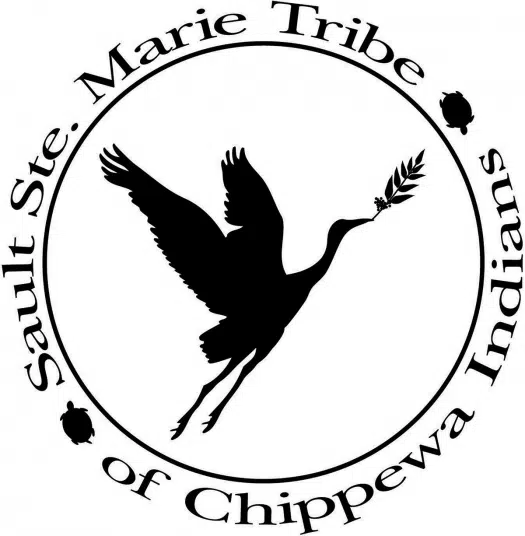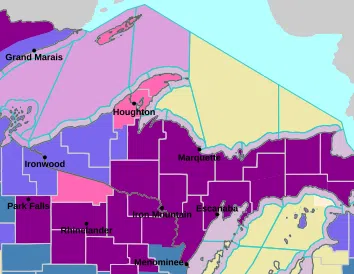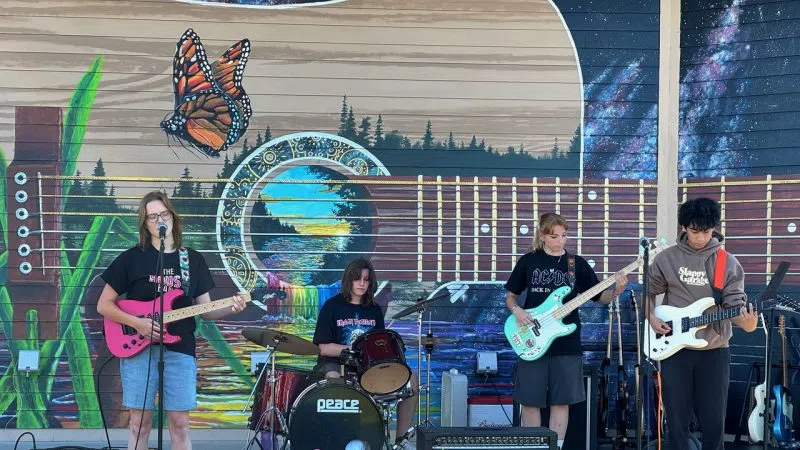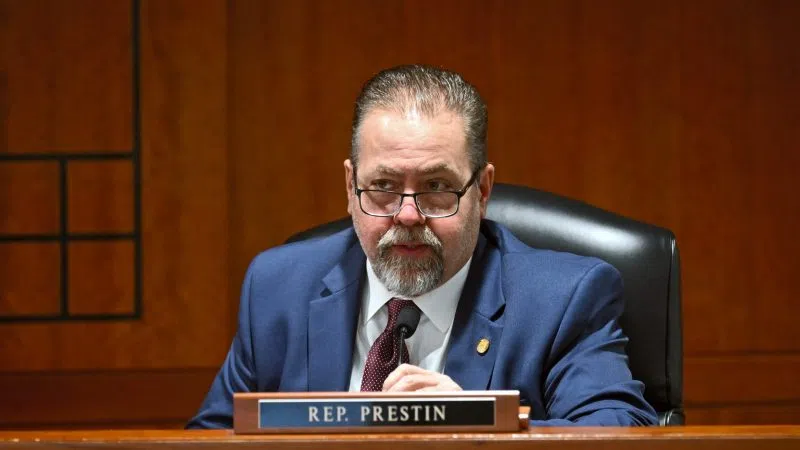President Trump signed an executive order directing the Secretary of Education to “take all necessary steps to facilitate the closure of the Department of Education.”
This change, combined with other recently announced cuts to the Bureau of Indian Affairs and Indian Health Services, has the potential to significantly impact the Sault Ste. Marie Tribe of Chippewa Indians and tribal nations throughout Indian Country that rely on federal funding for critical social services.
“The United States government is treaty-bound to provide basic social services, including health and education that were guaranteed to our people in exchange for giving up our lands,” said Sault Tribe Chairman Austin Lowes. “Seeking to make government more efficient is one thing, but the rapid pace of change at the federal level has been happening without regard to how the U.S. government will honor its treaty obligations or how tribal citizens will be impacted.”
Currently, the Department of Education provides funding for programs critical to Michigan and tribal students, including:
- $541 million for schools enrolling 644,000 students from low-income backgrounds
- $12 million in annual funding to support children living on military bases or Native American reservations
- $6 million for students enrolled in rural schools
- $33 million to increase college access and success for low-income and first generation college students
Lowes notes that the concern is not just about funding cuts but also how programs are implemented. For example, a Jan. 29 executive order called for examining the use of Bureau of Indian Education (BIE) funding for schools of choice options, including private, faith-based, or charter schools.
“Tribal and school education leaders from across the country have been united in their opposition to voucher programs that would siphon taxpayer resources away from BIE tribal grant schools,” said Lowes. “Not only would this deprive students of the culturally-appropriate education they currently receive, but the loss of even 10% of students could result in reduced economies of scale that could lead to insolvency of many BIE schools across the country.”
Instead, Lowes is calling on President Trump to work with tribal leaders to leverage their experience to develop new ways to improve Indian education programs that honor the federal government’s trust and treaty obligations.
“President Trump has a unique opportunity to improve and protect education and other services across Indian Country by issuing an Executive Order that recognizes and respects education and healthcare as a distinct federal right guaranteed to Native Americans through numerous treaties. He can also further bring us together by scheduling specific workgroups or government-to-government tribal consultations that give our sovereign nations the opportunity to identify improvements and efficiencies in the programs and services the government is obligated to provide to us,” said Lowes.




























Comments